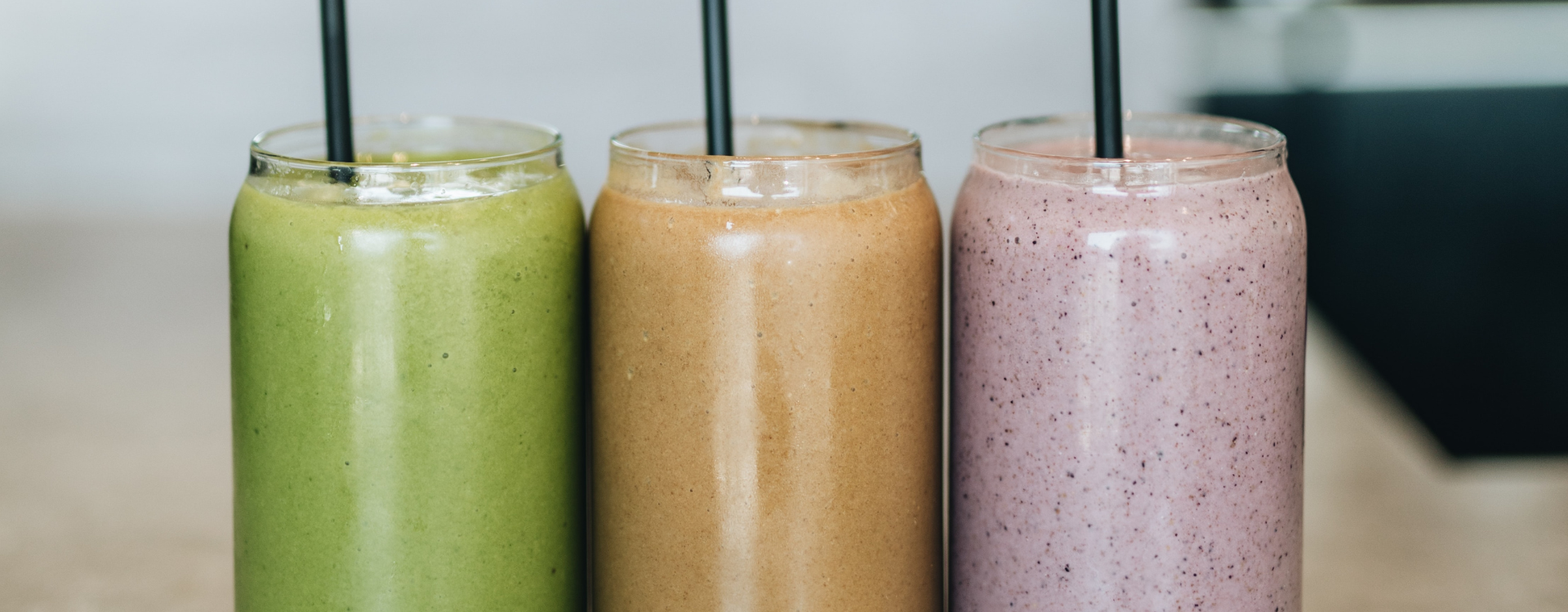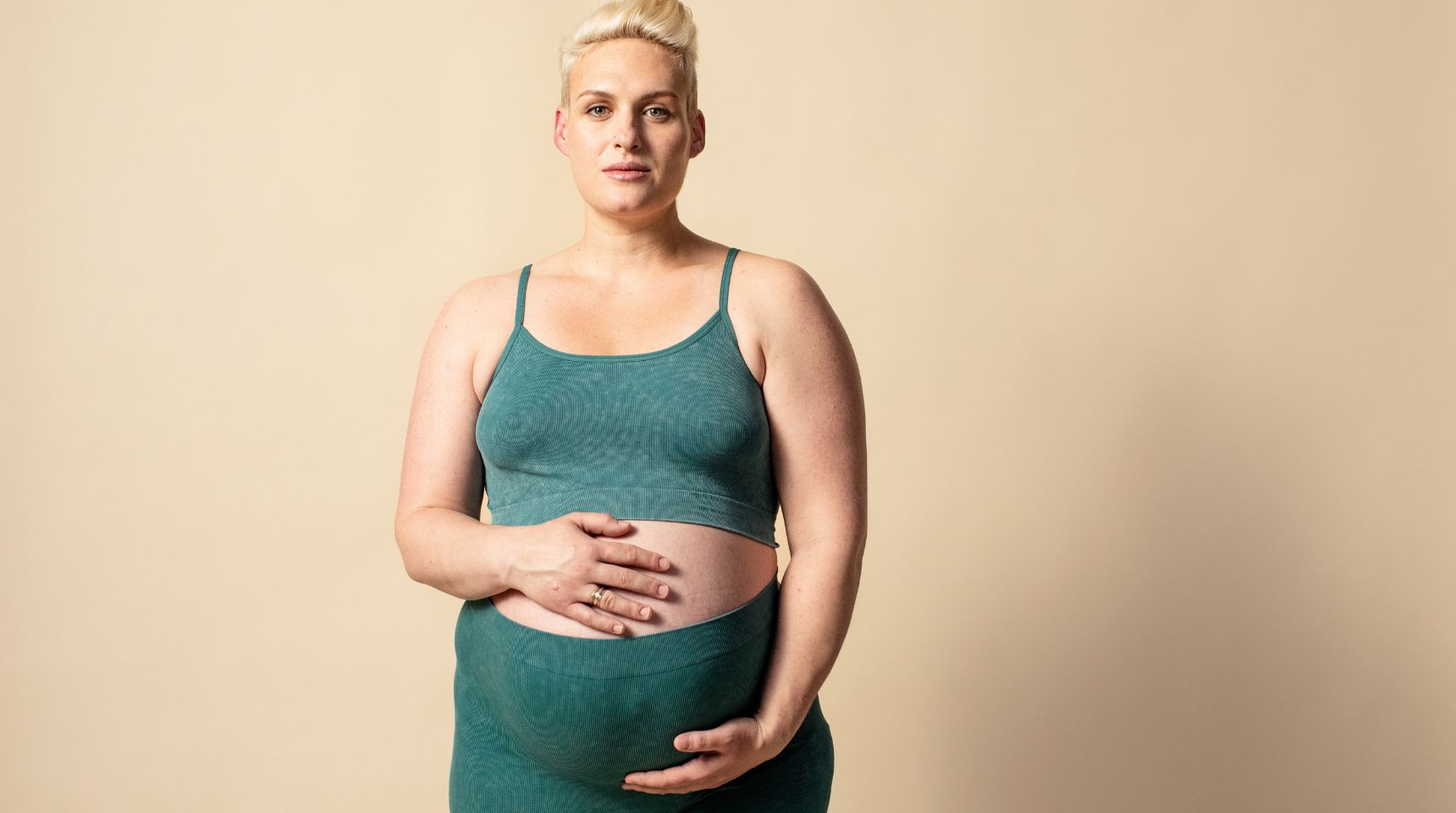Breastmilk is all baby needs for the first six months of life.
In fact, the World Health Organization and medical professionals recommend exclusively breastfeeding (no juice, cereal, or other foods) for at least the first six months because baby’s digestive system is not mature enough to process these other things correctly. Breastmilk still has the essential components baby needs at this stage, and introducing solid foods is meant for practice with new tastes and textures, not as a replacement for breastfeeding.
By six months, some babies will start showing an interest in solids. In addition, you may get well-intended pressure from loved ones to start baby on solids earlier. Even in the face of this, it is important to remember that breastmilk is still best. It is important to wait until at least 6 months before introducing solids. Even if baby is grabbing food off your plate, this is not a true indicator of readiness for solids. Look for other cues, like the ability to sit up independently, strong head control, and mimicking chewing motions.
When your baby starts eating solids, it doesn't matter the order in which foods are introduced though it is recommended to avoid highly spiced or allergenic foods at first - especially if there are allergies in your family. Despite the history of recommending rice cereal first, the American Academy of Pediatrics (AAP) has changed its position on this and does not recommend rice cereal anymore. Now they suggest fruits or vegetables instead.
In order to keep an eye out for negative reactions, offer one new solid at a time so if there are reactions, you know which food is causing it. To ensure baby is getting the maximum benefits from your breastmilk, offer the breast (or breastmilk) first, then solids. If you offer the solids first, he could fill up on those but not get the nutrients needed from breastmilk.
Great first foods include mashed or pureed avocados, squash, sweet potatoes, pears, peaches, bananas and oatmeal. Make sure nothing you offer could pose a choking hazard.









